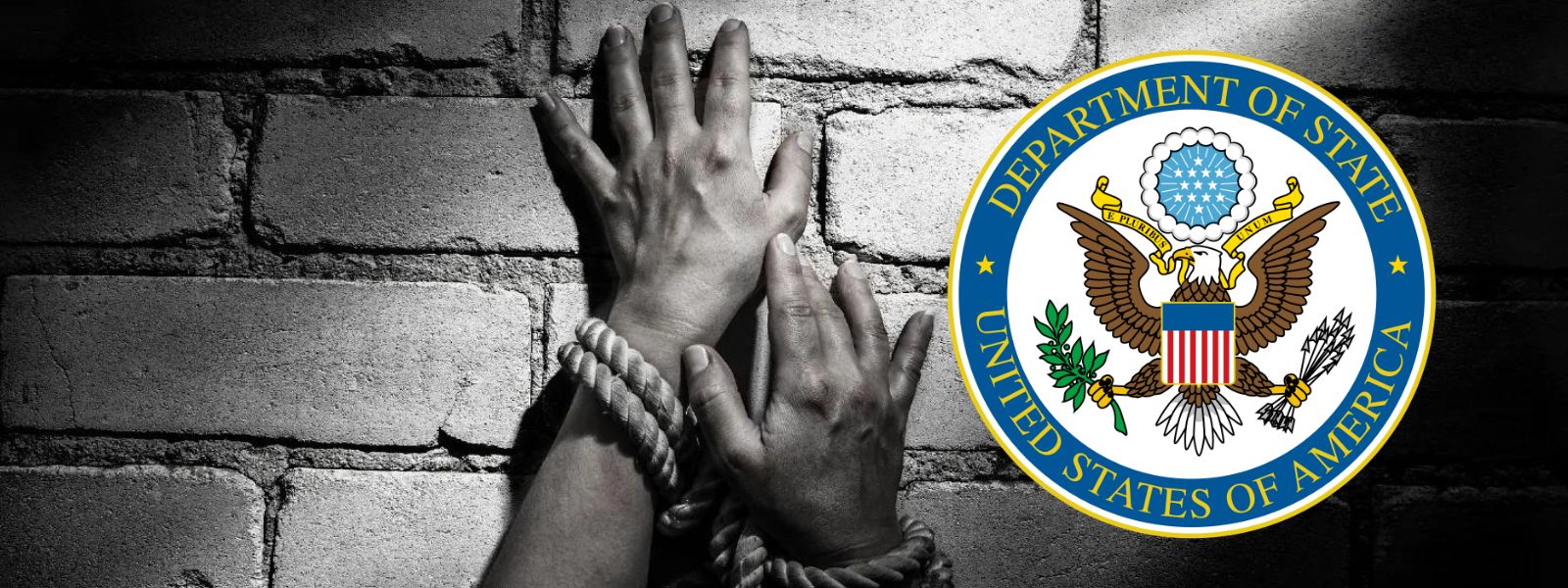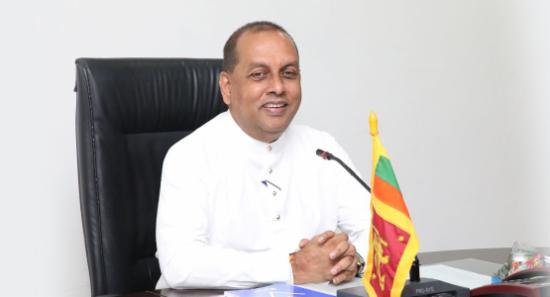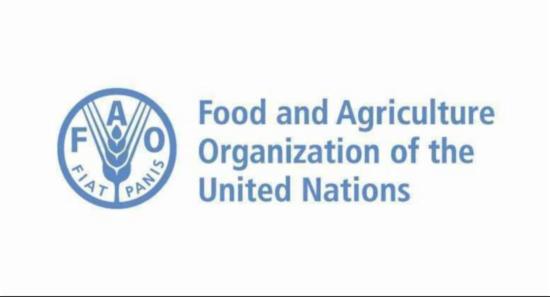.webp)

US Report Highlights Gains and Gaps in Sri Lanka's Anti-Trafficking Efforts
COLOMBO (News 1st); The 2024 Trafficking in Persons Report by the US State Department revealed that the Sri Lanka does not fully meet the minimum standards for the elimination of trafficking but is making significant efforts to do so.
It added that the government demonstrated overall increasing efforts compared with the previous reporting period; therefore Sri Lanka remained on Tier 2.
These efforts included increasing convictions of labor traffickers and identifying and providing services to more trafficking victims.
It noted that the government canceled licenses and blacklisted more recruitment agencies allegedly responsible for facilitating trafficking; officials also reported providing assistance to a greater number of migrant workers at Sri Lankan diplomatic missions abroad.
However, the government did not meet the minimum standards in several key areas.
The government investigated and prosecuted fewer trafficking cases, and sentences for convicted traffickers remained lenient, which undercut efforts to hold traffickers accountable, weakened deterrence, created potential security and safety concerns for victims, and was not equal to the seriousness of the crime.
The US State Department report noted that the government appeared unwilling or unable to hold allegedly complicit officials accountable for trafficking, even suspected cases of child sex trafficking.
The government did not cooperate with foreign law enforcement on trafficking cases despite many such cases involving migrant workers abroad.
The government also referred fewer trafficking victims to services, and officials did not report ordering restitution for or providing compensation to trafficking victims.
It added that the government did not eliminate all recruitment fees charged by labor recruiters to workers nor increase monitoring of licensed recruitment agencies and subagents, and the government maintained gender-based labor migration policies that pushed Sri Lankan women to travel via unlicensed agents, which increased their vulnerability to trafficking.
It went on to noted that although government agencies such as the Sri Lanka Bureau of Foreign Employment (SLBFE) and Department of Immigration Emigration (DIE) had anti-trafficking units, and several agencies had anti-trafficking focal points, resource constraints continued to hinder investigations and anti-trafficking efforts.
Other Articles
Featured News





.png )









-759348_550x300.jpg)
-740514_850x460-754805_850x460-759330_550x300.jpg)
















.gif)